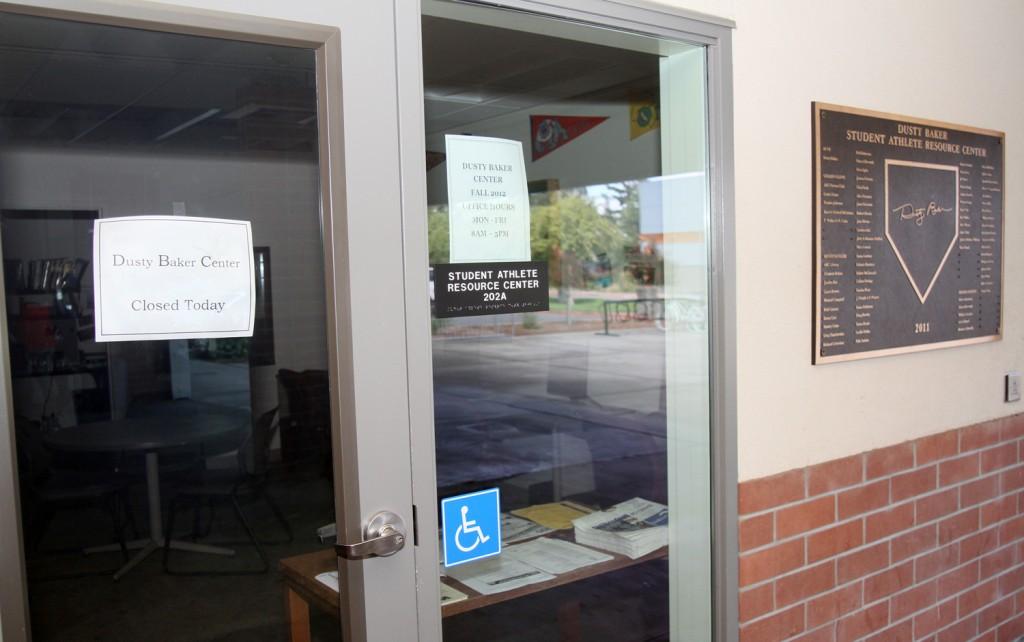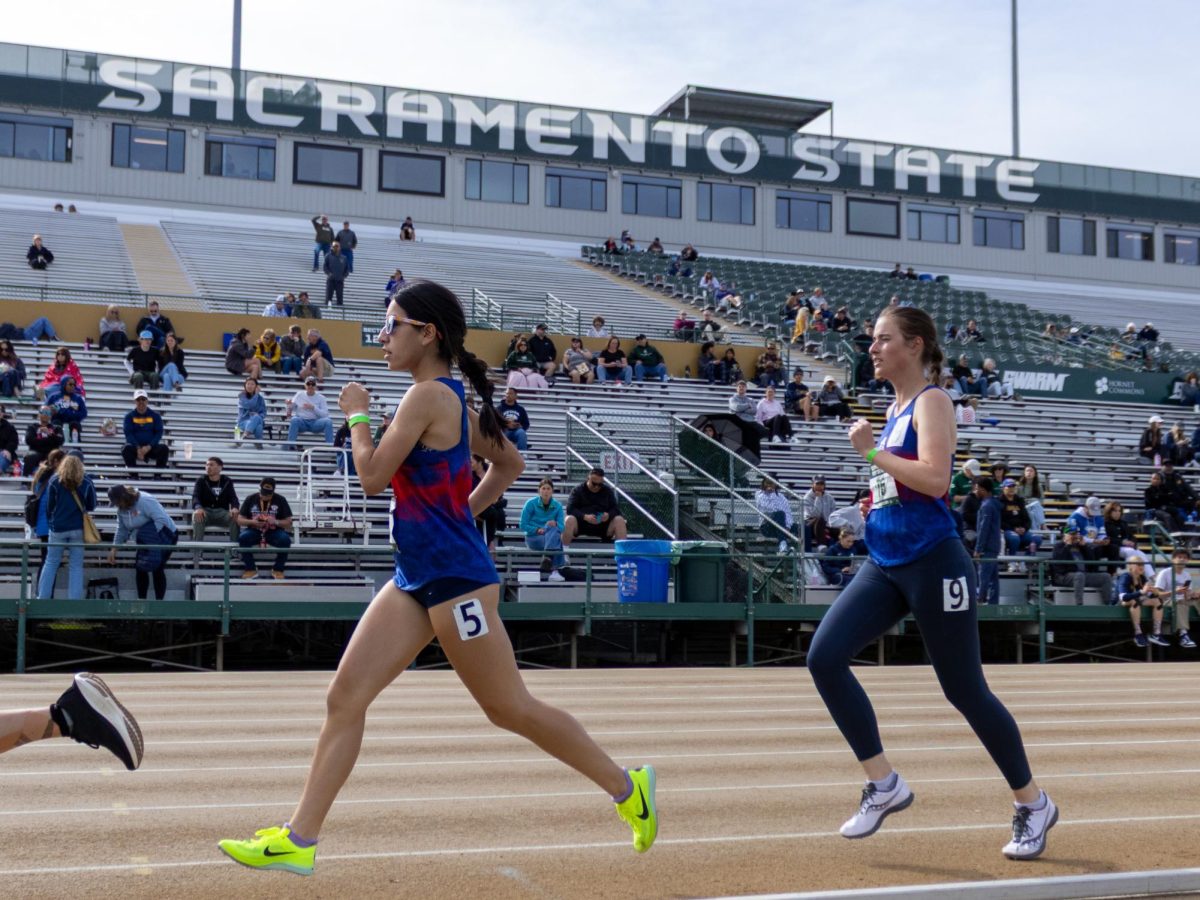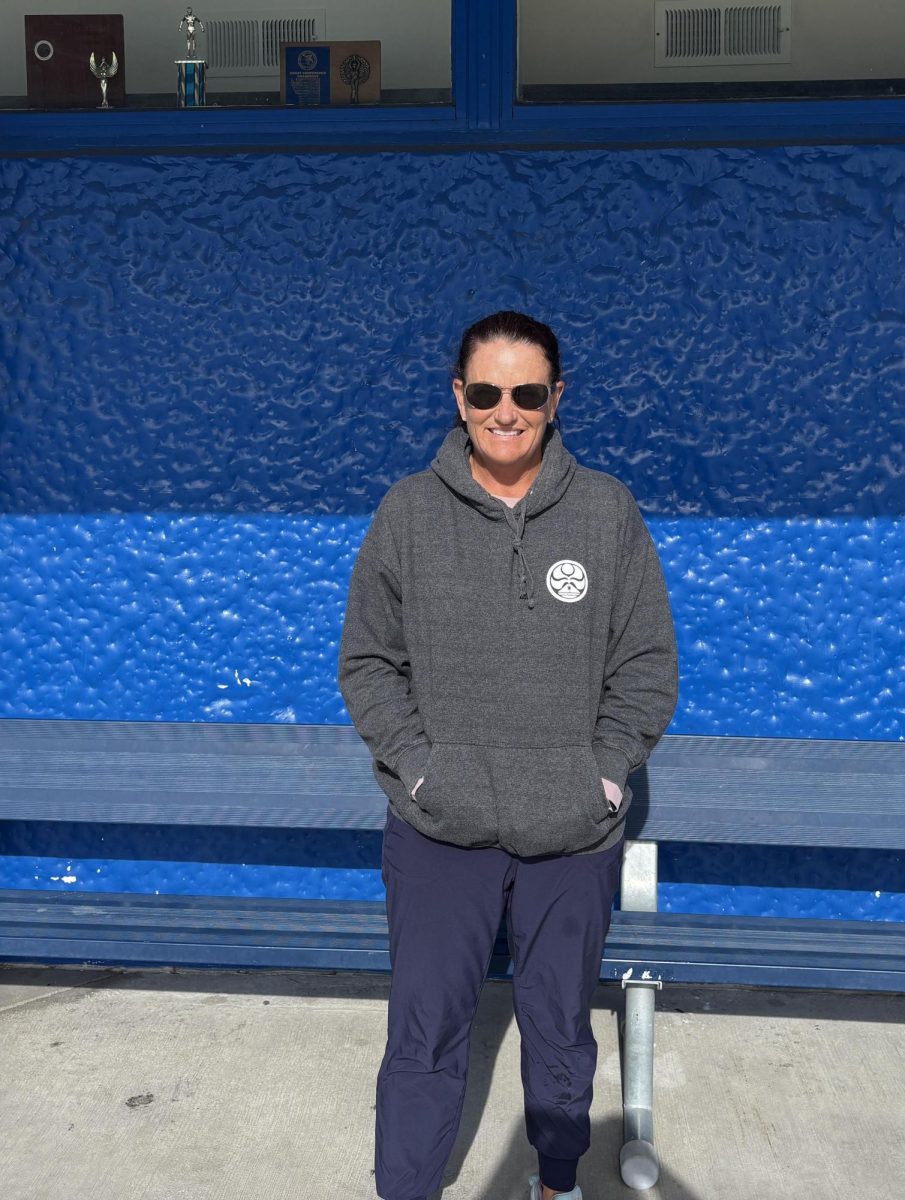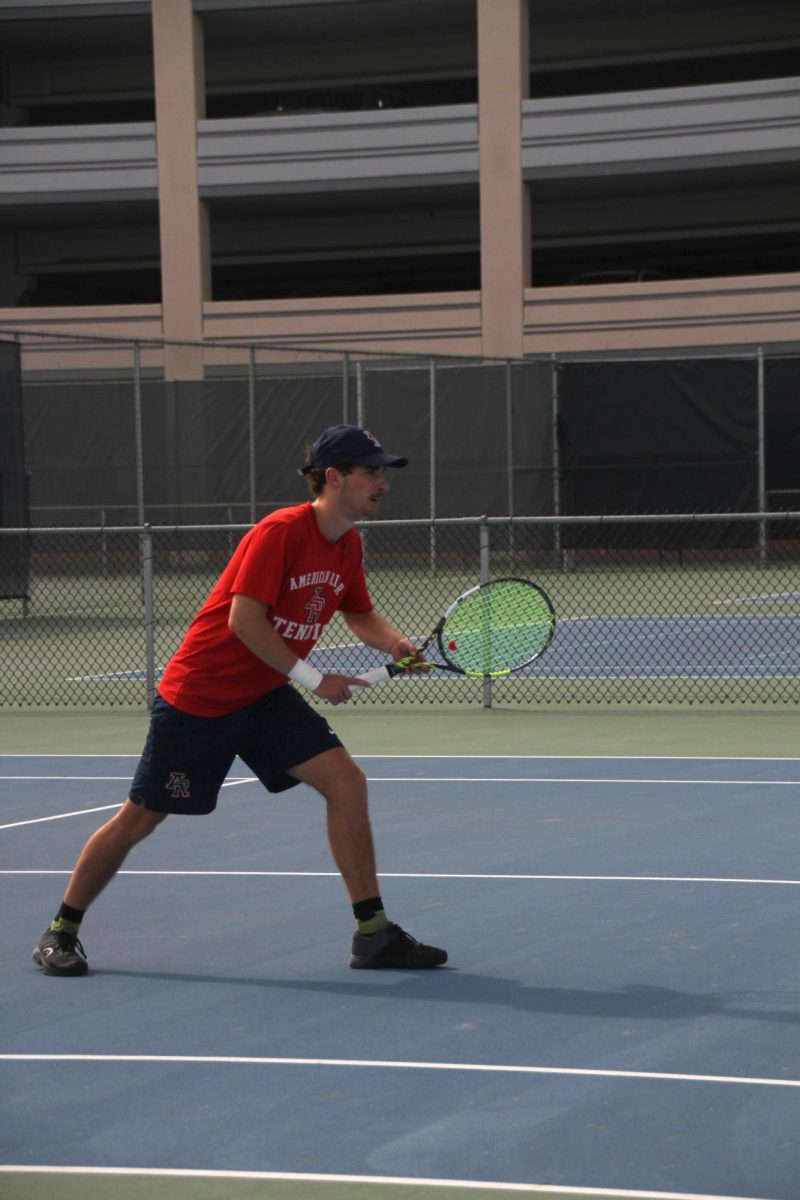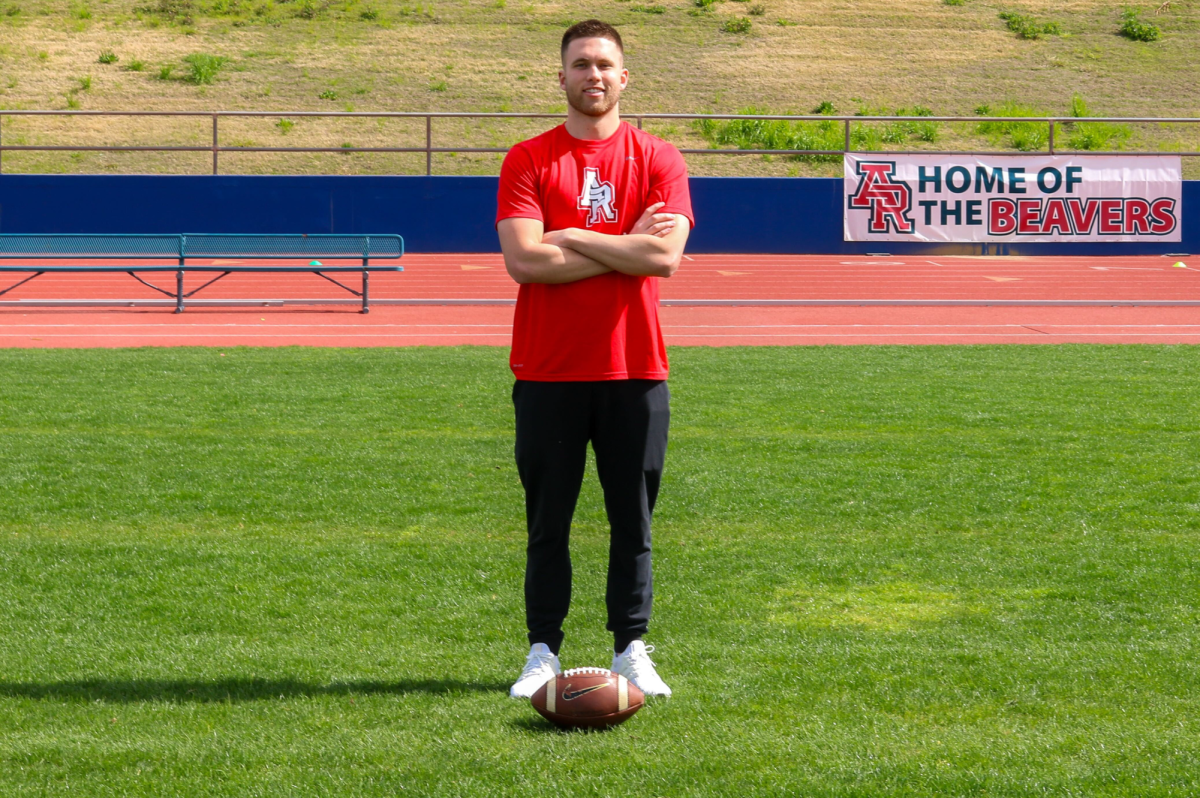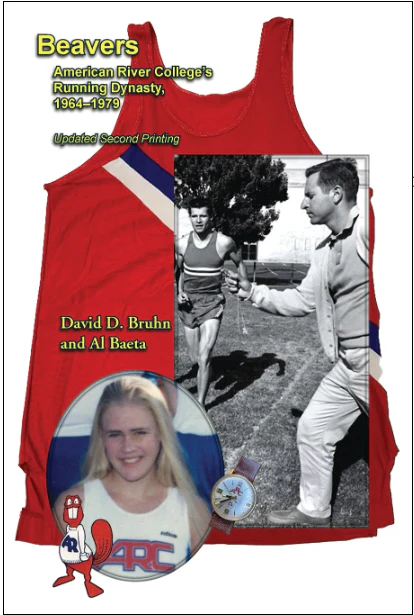A sign on the door of the Dusty Baker Center reads “closed today.” This sign has been hanging there since Oct. 12.
Campus officials said the temporary closing of the center would allow time for administrators to modify its mission of how best to serve student-athletes.
“It’s going to be more focused on counseling,” said Pam Walker, vice president of student services.
According to Walker, the closing of the Dusty Baker Center was a collective agreement. Walker, Jeff Stevenson, the dean of counseling and Dawn Siracusa, the interim supervisor of the center, agreed that the center had too many athletes that needed help and inadequate space.
“It was already too small the day we built it,” Walker said. Plans to reopen the center are in effect. “We were hoping to get this together before Dec. 1.”
The Dusty Baker Center was opened on June 8, 2011 and was implemented to help provide student-athletes with support in reaching their goals academically and athletically.
Student-athletes familiar with the center are used to dealing with Frankie Johnson, the student personnel assistant, and athletic counselor Michael Sachau.
“It provides a much needed facility and a place where our student-athletes can go to get help off the playing fields,” said Paul Arellanes, women’s soccer head coach. “So much is required of them not only on the field by the coaches in practices and games but also now when it comes to transferring to an NCAA (school) and meeting requirements.”
Some of the NCAA Division 1 requirements athletic counselors look for are a minimum GPA of 2.5 and the athlete must have at least 48 transferable units accredited to a degree.
About 240 student-athletes have utilized the center this semester for help with issues off the field. They help keep the players eligible throughout the season and they provide athletes with information when it comes to transferring.
The recent closure of the Dusty Baker Center has forced athletes to go through the main counseling office for appointments. This process can take anywhere from a few days to weeks, which can create issues for athletes that need to add classes or are working towards transferring to four-year schools.
“I got dropped from one of my classes and in order for me to get back into a class, I had to go through counseling and they go by appointments versus the Dusty Baker Center where you can just go in and say ‘I need help,’” said freshman women’s soccer defender Stephanie Gasaway.
The center was closed during the middle of the semester because this is the time when it is least utilized. Education plans are already completed for athletes playing this season and transfer agreements are done for those leaving at the end of the fall semester.
Coaches also used the center. It made their jobs easier and it provided a place for them to get information during recruiting and gave them support to help existing players on their teams with academic problems.
“It definitely makes our job easier, but it’s also a showpiece of our department. We use it a lot for recruiting,” Arellanes said.


